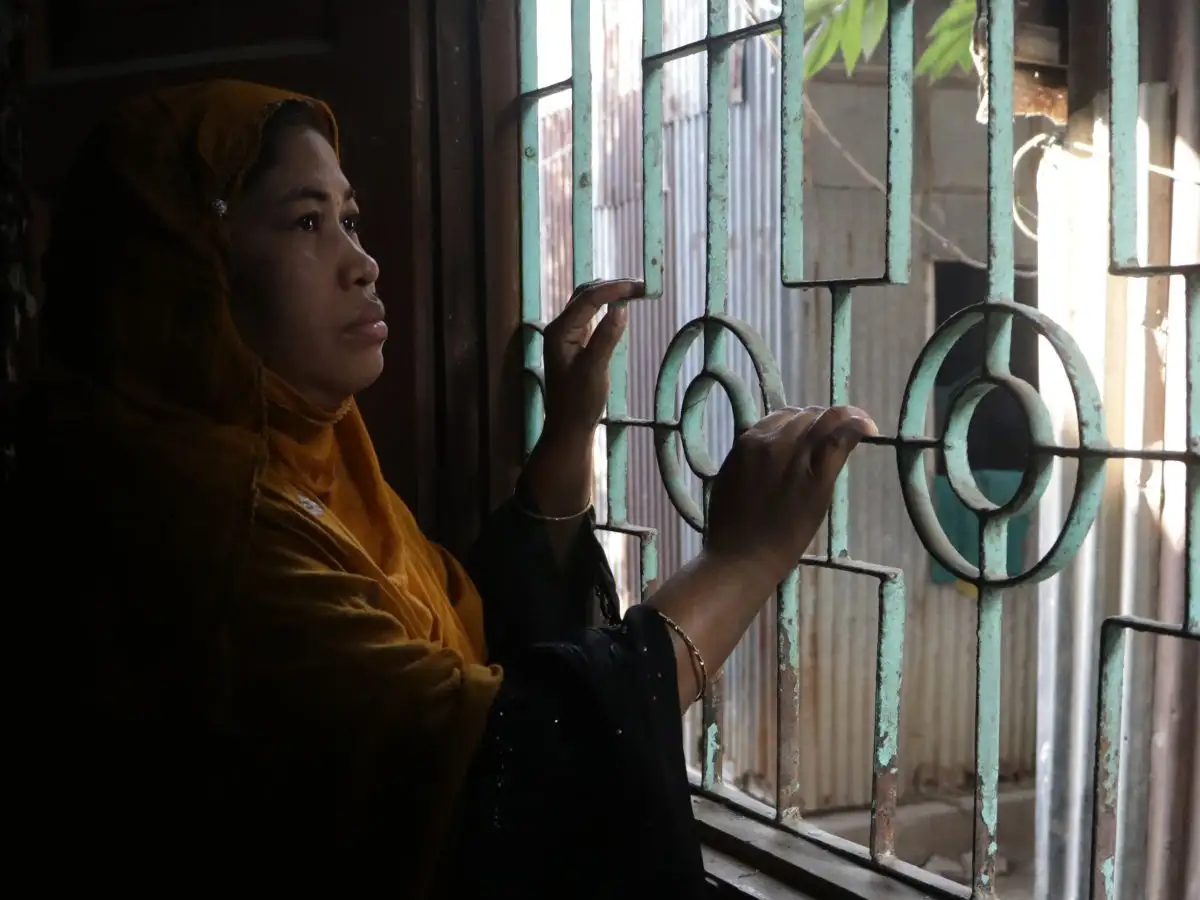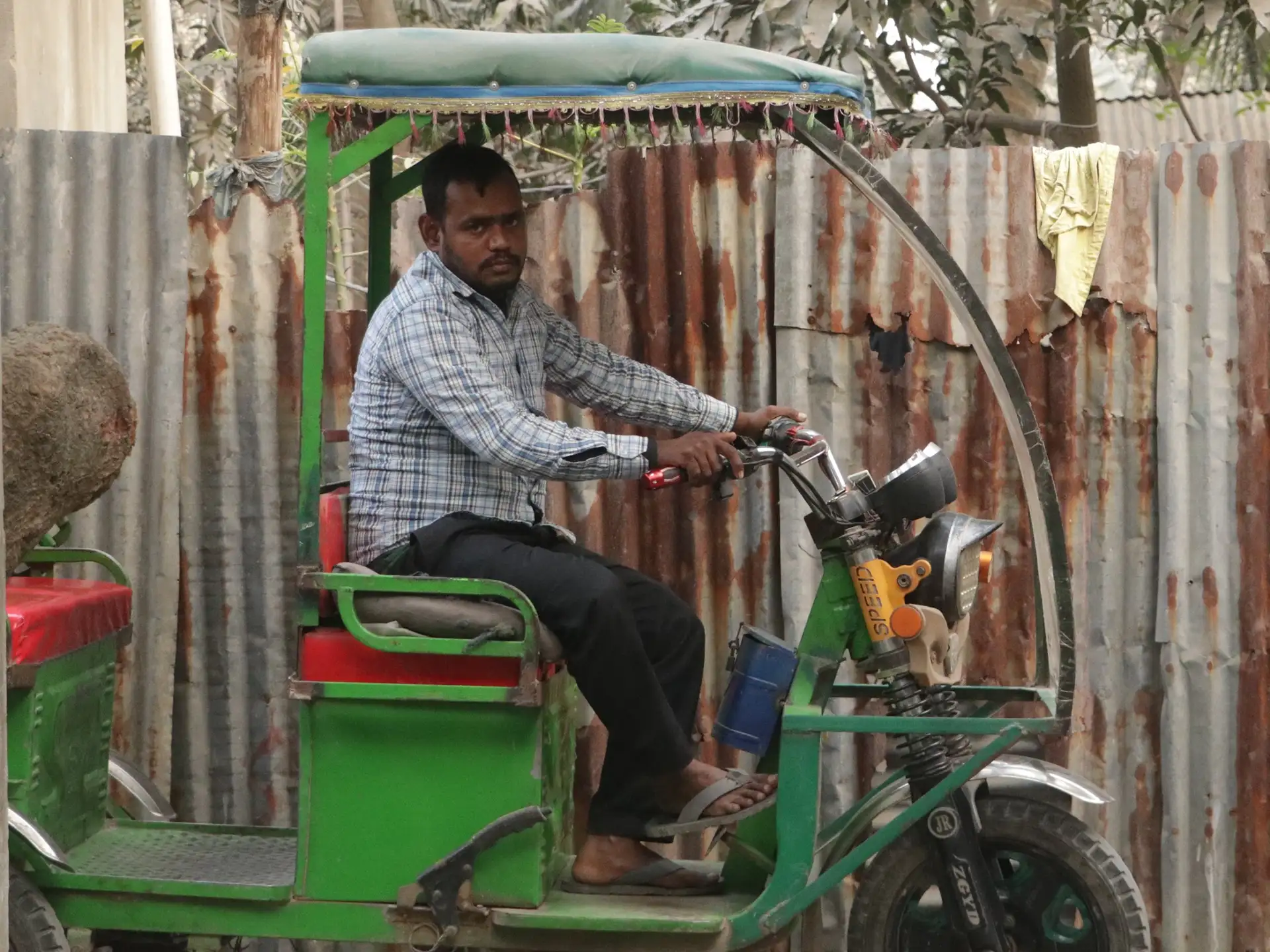
A far cry from justice for migrants
A critical analysis of migrants’ experiences in the arbitration system in Bangladesh

Migrant workers frequently face unethical recruitment practices, exploitation, violations of rights, and significant barriers in accessing justice, both in Bangladesh and abroad. A new report examines the cases of 114 returned Bangladeshi migrant workers who filed complaints through the arbitration system.
The money sent home by the millions of Bangladeshis working abroad is vital to their country’s economy and foreign exchange reserves. In 2024, Bangladesh received nearly $27 billion from over 7 million migrant workers, with Saudi Arabia and Malaysia the main employers.
Yet these migrants’ dreams of a better life are often shattered. They face exploitation by unscrupulous recruiters at home, and abuse by employers abroad. Many return destitute and traumatised, shunned by their families and saddled with debt from loans taken to cover pre-departure costs or their journey home.
Rehena Akter, a returned migrant worker, said:
“We are told our remittances are the lifeline of the Bangladesh economy, but we are not treated with dignity — not abroad, not at home. We are called the nation’s fighters, only in words. But in truth, we are invisible. When my mother died, I couldn’t even see her for the last time. We leave everything behind to serve our families and this country. The least we ask for is respect, compassion, and justice.”


Rehena Akter, returned migrant worker, speaking at the launch of the report
CAFOD’s local partner, Ovibashi Karmi Unnayan Program (OKUP), presses the Bangladeshi government as well as the authorities in destination countries to support migrant workers, and helps returned migrants to claim compensation when their rights have been violated.
In July OKUP organised a national consultation in the capital, Dhaka, on ways to gain justice for migrant workers who suffer abuse, and to launch a report examining the cases of 114 returned migrant workers who filed complaints through the arbitration system.
The report, A far cry from justice for migrants, found four-fifths of the male migrants interviewed were recruited through unauthorised agents. None received regular salaries, nearly half did not receive work permits and only a quarter got jobs, usually in a sector different to what they had been promised. None received basic rights.
One man who migrated to Saudi Arabia said:
“I was given a job as a labourer on a construction site in a desert. I had to work more than 10 hours a day under the scorching sun. I couldn’t drink enough water, because there were no good facilities. I was accommodated in a camp with 3,000 workers – one room for six or seven people, and one toilet for 100 people.”
Female domestic workers who filed complaints revealed that more than nine in 10 had suffered physical or mental torture, and were denied healthcare. Nearly half were victims of sexual exploitation. Working from dawn to midnight with no rest or holidays was the norm, and four-fifths did not receive regular salaries.
One domestic worker said:
“They used to beat me and torture me often for little mistakes. One day, they had a party at night. I roasted chicken for them. It was midnight, and I got tired from doing all the work from dawn. So I felt dizzy. I cannot remember how long my eyes were closed, but I jumped up screaming. My madam had taken a burning coal from the oven and pressed it on my arm.”
We are told our remittances are the lifeline of the Bangladesh economy, but we are not treated with dignity — not abroad, not at home
Bangladesh has comprehensive migration laws, but they are undermined by weak enforcement, procedural flaws, gender bias, inadequate compensation mechanisms and a lack of accountability. Apart from calling for proper enforcement of the laws governing recruitment of migrant workers, OKUP advocates support services through Bangladeshi diplomatic missions in destination countries, and establishing a separate, dedicated arbitration department to handle complaints and ensure proportionate compensation for victims.
OKUP also calls on the governments of Saudi Arabia and Malaysia to take legal action against unethical recruitment agents and unscrupulous employers, to improve protection, and provide accessible support services for migrant workers in their countries.


Hero with his rickshaw
While calling for change, and despite the shortcomings in the current arbitration system, OKUP has helped returned migrant workers to make successful claims for some level of compensation, usually ranging from £140 to £500. This has allowed them to move forward with their lives and gives hope to others.
As one man said: “I bought an auto-rickshaw with the money I received from arbitration. I dream of a new life with my family, forgetting all the sufferings I faced abroad.”
OKUP has been a CAFOD partner since 2016. Our partnership has supported them in their work with returnee migrant workers and on climate induced migration issues. The report was produced as part of a project called Collective Action for Improving Migrants’ Rights and Access to Justice (CLAIM) that is funded by CAFOD, Caritas Finland and the Finnish Ministry of Foreign Affairs.